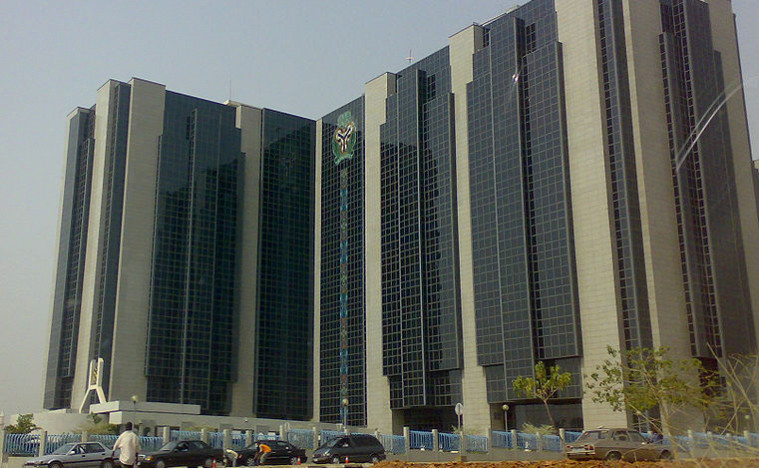Nigeria’s economic expansion persist rapidly in December – CBN

The report showed that the Manufacturing PMI and Non-Manufacturing PMI rose to the highest level in more than three years. While the Manufacturing PMI rose to 59.3 percent and the Non-Manufacturing PMI rose to 62.1 percent during the month.
The report also showed that 30 out of the 34 subsectors surveyed by the apex bank recorded expansion, up from 27 subsectors that recorded expansion in November.
The Manufacturing and Non-Manufacturing PMI report on businesses is based on survey responses indicating the changes in the level of business activities in the current month compared with the preceding month. A composite PMI above 50 points indicates that the manufacturing/non-manufacturing economy is generally expanding, 50 points indicates no change and below 50 points indicates that it is generally contracting.
The December PMI report stated: “The Manufacturing PMI in the month of December stood at 59.3 per cent index points indicating expansion in the manufacturing sector for the ninth consecutive months.
Fifteen of the 16 subsectors reported growth in the review month in the following order: petroleum & coal products; printing & related support activities; computer & electronic products; textile, apparel, leather and footwear; cement: transportation equipment; paper products; food, beverages & tobacco products; furniture and related products; plastics and rubber products; non-metallic mineral products; printing and related support activities; appliances and components; chemical & pharmaceutical products; fabricated metal products; primary metal and electrical equipment sector. The computer & electronic product sector contracted in the review month.”
The report further stated: “The composite PMI for the non-manufacturing sector stood at 62.1 points in December 2017, indicating growth in the Non-manufacturing PMI for the eighth consecutive month.
Fifteen of the 18 non-manufacturing sectors recorded growth in the following order: arts, entertainment and recreation; agriculture; transportation and warehousing; utilities; water supply, sewage and waste management; finance and insurance; health care and social assistance; real estate rental and leasing; wholesale trade; accommodation and food services; electricity, gas, steam and air conditioning supply; educational services; construction; information and communication and professional, scientific, and technical services. The management of companies remained unchanged, while the public administration and repair, maintenance/washing of motor vehicles… subsectors recorded contraction in the review period”









0 Comments